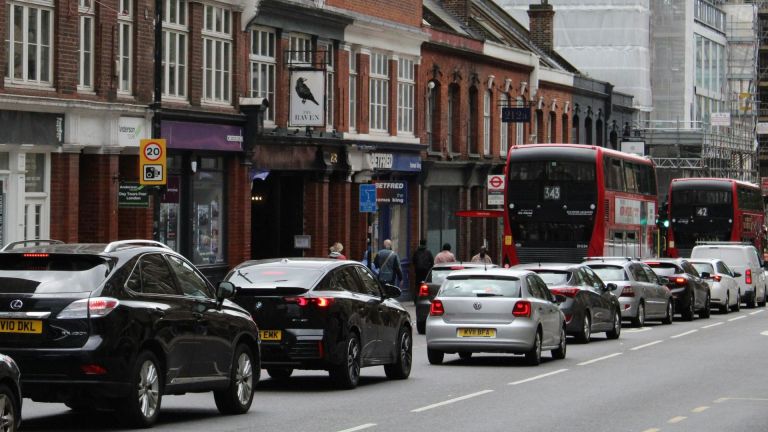But JRF warns that if the “vital lifeline” this temporary increase provides is to end in April, as planned, the result would be a significant rise in poverty. The social change charity’s modelling predicts that 1.2 million Scots would benefit if the increase to Universal Credit was extended as would 100,000 people if the same was applied to legacy benefits.
For renters, even before the Covid-19 crisis, 30,000 children were living in poverty due to family housing costs. The Scottish Government has boosted the Scottish Welfare Fund to cover periods of crisis and discretionary housing payments to help cover costs as well as launching the new Tenant Hardship Loan Fund next month.
JRF want the Scottish Government to commit to building 53,000 new affordable homes by 2026 with 70 per cent to be social rent alongside additional legislative protection and support for housing costs to help renters keep their homes.
Ministers also need to strengthen employment measures quickly to deal with the ongoing jobs crisis. The National Training Transition Fund for people made redundant or at risk of losing their job needs to expand to meet the likely winter surge in unemployment while the Parental Employment Support Fund should be increased and extended across the lifetime of the next parliament, according to JRF.
“We went into the pandemic with unacceptable levels of poverty. The resulting economic storm risks blowing us even further off course. People and places already at greatest risk of poverty face tougher times ahead unless we are bolder in our approach to recovery,” said Jim McCormick, JRF’s associate director Scotland.
“Now is a crucial moment for Scotland. The decisions we make will determine whether we reach our ambitious child poverty targets by the middle of the next parliament. As the shape of our economy changes, it is vital to do all we can to protect people’s jobs, homes and living standards, so more families are not pulled into poverty.”
Advertising helps fund Big Issue’s mission to end poverty
In response, the Scottish Government has pointed to the first Scottish Child Payments as urgent action to help kids in poverty. The payments are worth £10 per week for each eligible child and are set to be available from February.
JRF said extending the temporary benefit increase alongside the payments will mean an estimated 25,000 fewer children would be trapped in poverty. The charity also calls for a stronger income lifeline for school-age children before 2022.
A Scottish Government spokesperson said: “Together with Best Start Grant and Best Start Foods this will provide over £5,200 of financial support for eligible families by the time their first child turns six, around £4,000 more than elsewhere in the UK.
“The Scottish Government has delivered almost 96,000 affordable homes since 2007 and has outlined plans to invest over £2.8 billion in capital, over five years, to deliver more affordable and social homes across Scotland.”
The Covid-19 pandemic has intensified the focus on preventing poverty. Last week, Edinburgh Poverty Commission vowed to end poverty in the Scottish capital by 2030 through actions to provide fair work, a decent home, income security, opportunities to progress, connections and health and wellbeing.
Advertising helps fund Big Issue’s mission to end poverty
Challenge Poverty Week is placing even more of a spotlight on the issue with a swathe of virtual events taking on topics such as human trafficking, digital inclusion and energy poverty.
Craig Wilson, Scottish Council for Voluntary Organisations, said: “Challenge Poverty Week offers the chance to explore some of the most innovative and effective work and to identify the barriers that too many people face when trying to lift themselves from poverty.”
Head here to see a list of events and activities for Challenge Poverty Week.
The Big Issue is also working to prevent homelessness and protect jobs through our Ride Out Recession Alliance. For more details, head to bigissue.com/rora.










